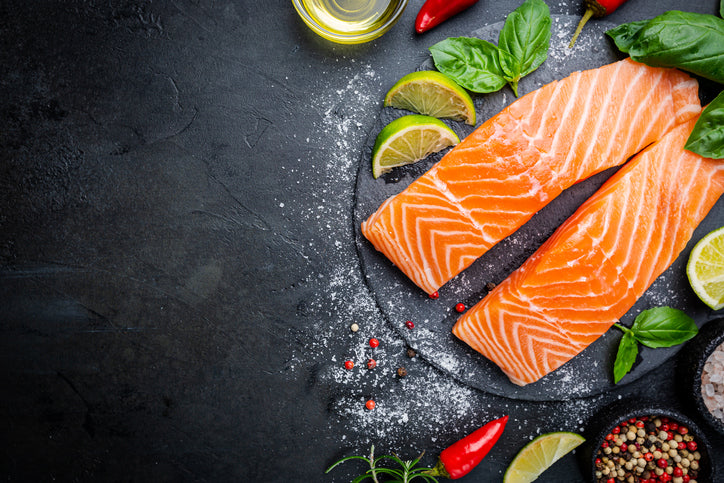The classical view of the immune response is that, in addressing a potential pathogen, the innate system is tasked with immediate yet non-specific host defense, while the adaptive system studies the unique antigenic markers of the ‘invader.’ This approach provides host protection while allowing the time needed to creating antigen-specific antibodies: a better-targeted but time-consuming defense. These antigenic molecular patterns are cataloged into permanent immune memory, enabling more rapid identification and a more effective response to subsequent exposures.
Polyphenols Help Maintain Immune Equilibrium

NUTRITION CONCLUSION
Scientific advances are redefining or understanding of how immunity evolves and self-adjusts over time. New findings demonstrate that the distinction between innate and adaptive immunity is not as rigid as previously thought.
There is growing evidence that dietary composition in terms of macronutrients, phytonutrients, micronutrients, and microbiota-available nutrients influences the effectiveness of the immune response and the development of appropriate immune tolerance. Dietary beta-glucans, fats, and prebiotics may hold particular therapeutic promise for beneficial immune training. The future scope of innate immune training will emphasize the importance of lifestyle opportunities, such as a nutrient-dense diet, regular physical activity, and spending time in nature.




